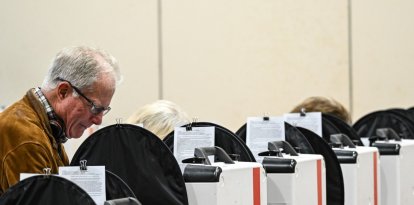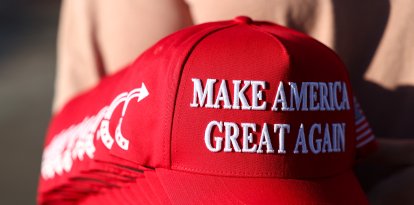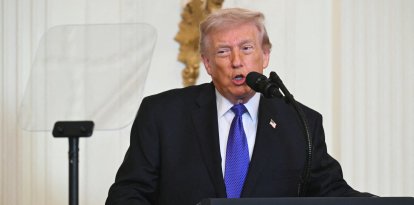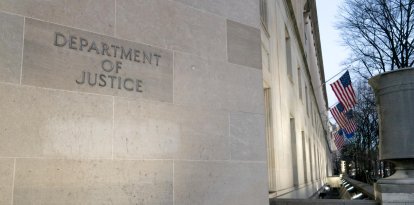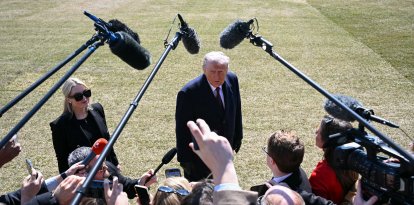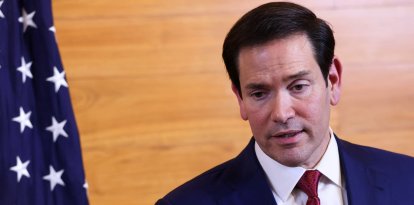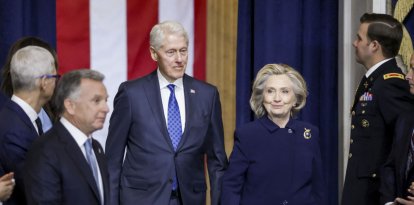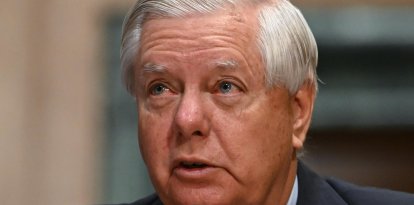Pennsylvania Senate passes bill to reduce distracted driving
The rule, which must be ratified by the state House of Representatives, will allow someone to be fined for holding a cell phone while driving.
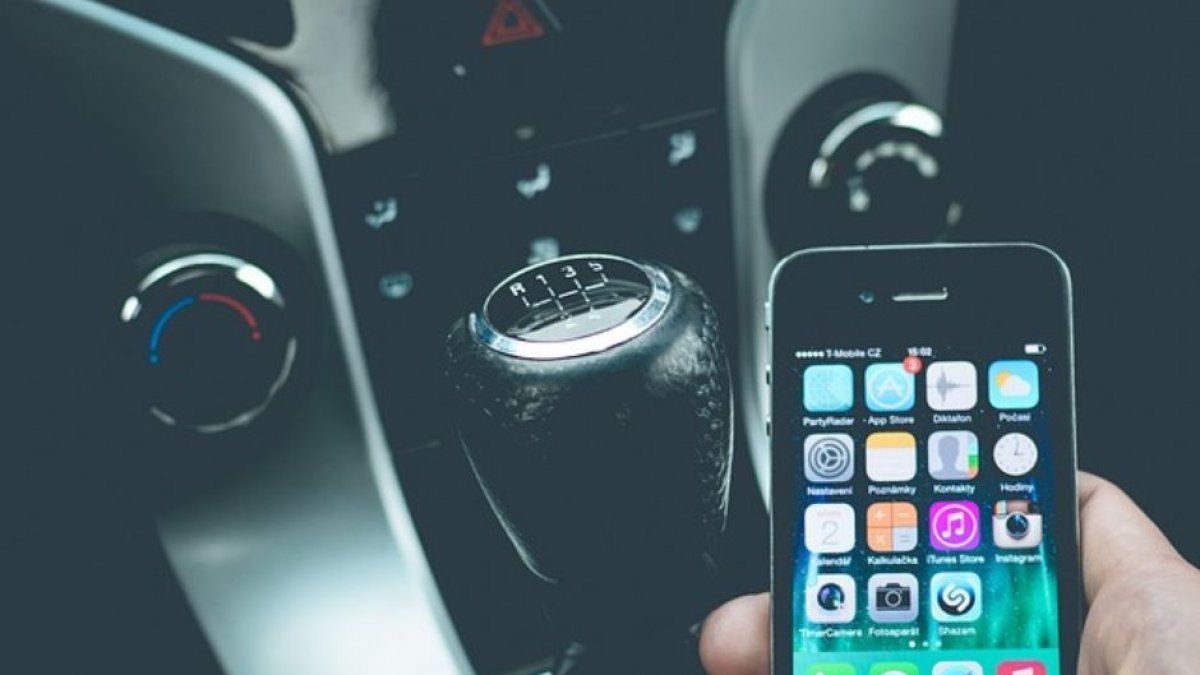
(Pixabay)
The Pennsylvania Senate passed a bill this week to reduce distracted driving and make cell phone use behind the wheel even more restrictive. The rule, which has yet to be ratified by the state House of Representatives, would allow someone to be fined for holding a cell phone while driving, even when the car is stopped at a traffic light. The goal, say the law's main sponsors, is to make punishments even stricter and thus keep both drivers and pedestrians safe on the road.
To achieve this, according to the American Automobile Association (AAA), it is necessary to ensure that no driver looks down to use his or her cell phone. This small act, according to the association, caused more than 3,100 people to die in traffic accidents in 2020. "So, just two seconds of looking down to check the temperature control, to check your radio, to check the GPS, it doubles the chances of a crash," said AAA East Central Legislative Affairs Director Theresa Podguski.
Pennsylvania increases fines
In addition, penalties will be higher now than before if the bill is passed. In 2012, when the first law was passed, a first offense carried a fine of up to $50. With the new bill, the penalty would be raised to $150. Fines are also increased for repeat offenders. If someone is convicted of committing manslaughter at the wheel, their sentence could be extended up to five years in prison if a cell phone was being used.
The use of cell phones would be allowed if the car is parked or stopped on the shoulder of a road. In addition, bluetooth devices can still be used, and drivers can simply press a button to end or start a call, as well as GPS and music.
There will be exceptions to the law restricting the use of cell phones while driving. Neither first aid services (first responders, police or ambulances) nor citizens talking to 911 will be sanctioned.













